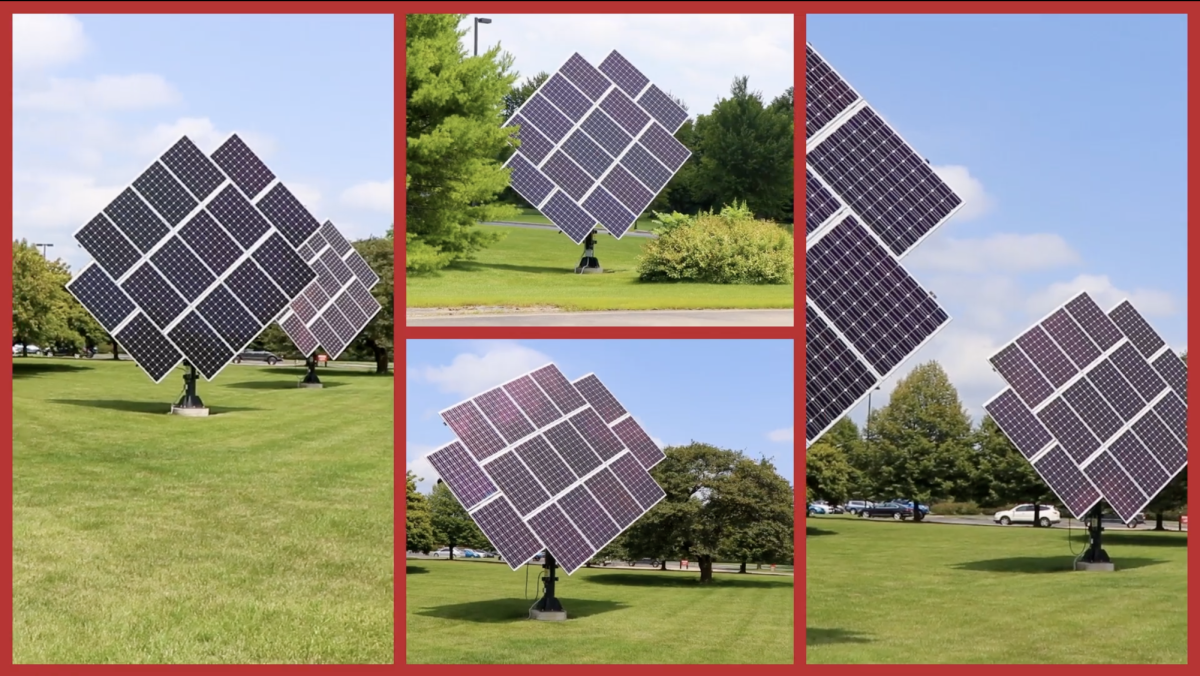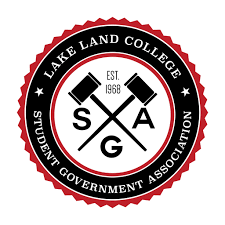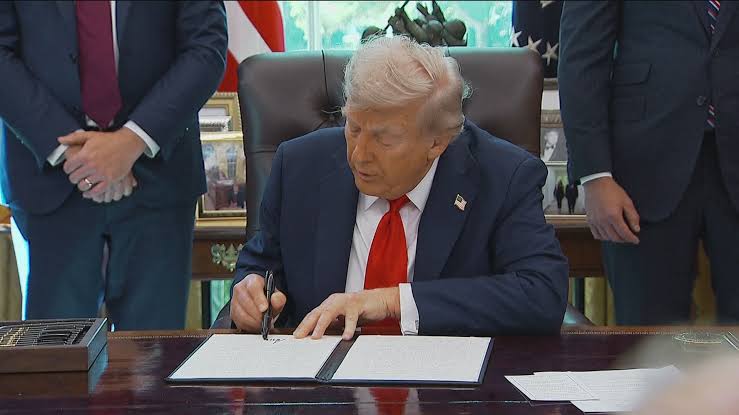In 2008, Lake Land College announced a comprehensive, multi-year plan to reduce energy consumption and generate energy on campus. The plan included promoting sustainable energy through wind turbines, installing solar panels and drawing power geothermally. Since then, the college has made massive strides towards reducing energy consumption and relying on self-sustained power.
In a mission to be more responsible stewards of the resources the college uses and to create a better future, Lake Land continues to create a more self-sustaining campus. In the last 18 years, geothermal wells have been introduced, which have evolved to be one of the largest in the region. In 2012, an array of solar panel grids nicknamed “Sunflowers” were introduced by Lensink Hall. As of now, the Northwest and Northeast buildings, Neal Hall, Webb Hall, and the Luther Student Center all use solar panels to contribute towards clean energy use. Plans have been made to reach the goal of placing solar panels on the roofs of all buildings on campus and the Kluthe Center in Effingham. Lake Land will continue to expand the geothermal heating and cooling wells to further the initiative.
In 2024, Lake Land’s efforts to create a sustainable future were successful. The college has reduced natural gas consumption by 63 percent. Reliance on outside sources of electricity has been reduced by 33 percent. Along with the environmental benefits, Dr. Josh Bullock estimates the clean energy initiatives Lake Land is pursuing have saved the community, taxpayer dollars and the school district $500,000 yearly. Along with creating a self-sustaining college, Lake Land is one of the only remaining recycling centers in the area. Students are encouraged to recycle used paper, glass and aluminum and are accessible by the community. Plans to change lighting on campus from fluorescent to LED are also being put into motion. For a brief time, Lake Land had used wind turbines, but due to weather damage, they were removed in 2017.
The Board of Trustees is fully supportive of these plans as Lake Land intends to move forward to eventually create a completely self-sustaining environment to reduce the college’s environmental footprint in the not-so-distant future. As a student, staff, faculty or community member, you too can help create a cleaner environment and future by using the recycling centers available on campus and staying aware of your own environmental footprint. By staying aware of resource consumption, waste output and alternative energy sources, Lake Land intends to set a precedent for responsible energy use.









